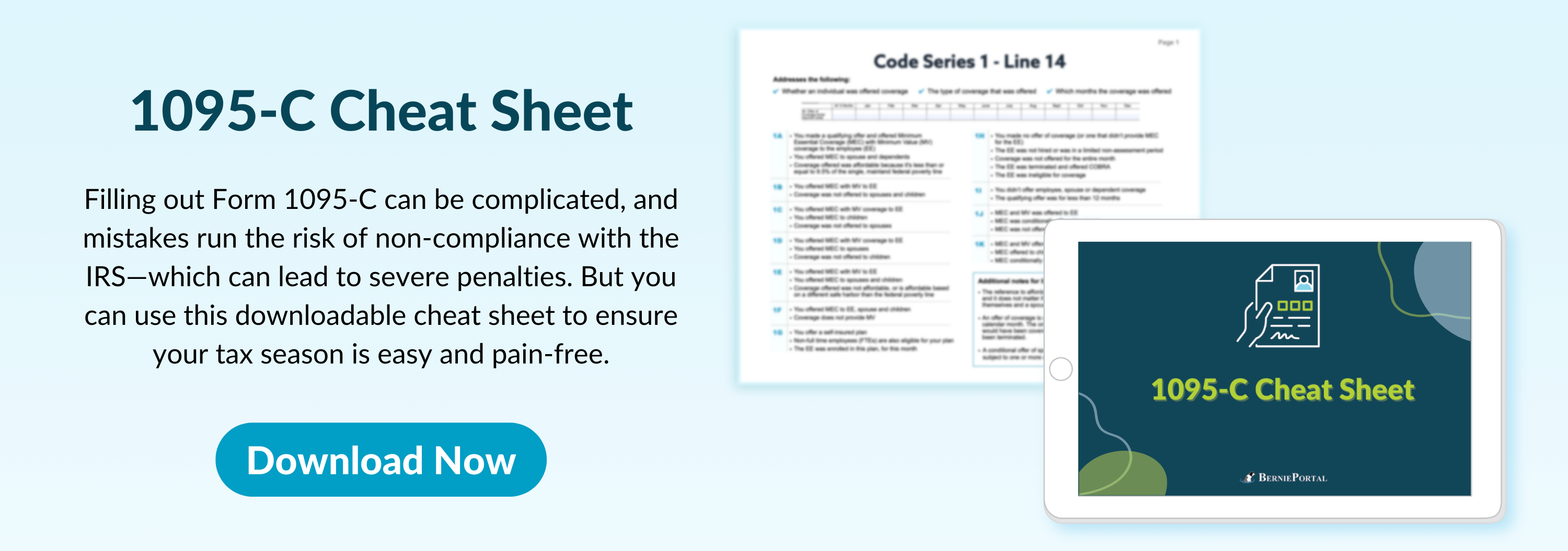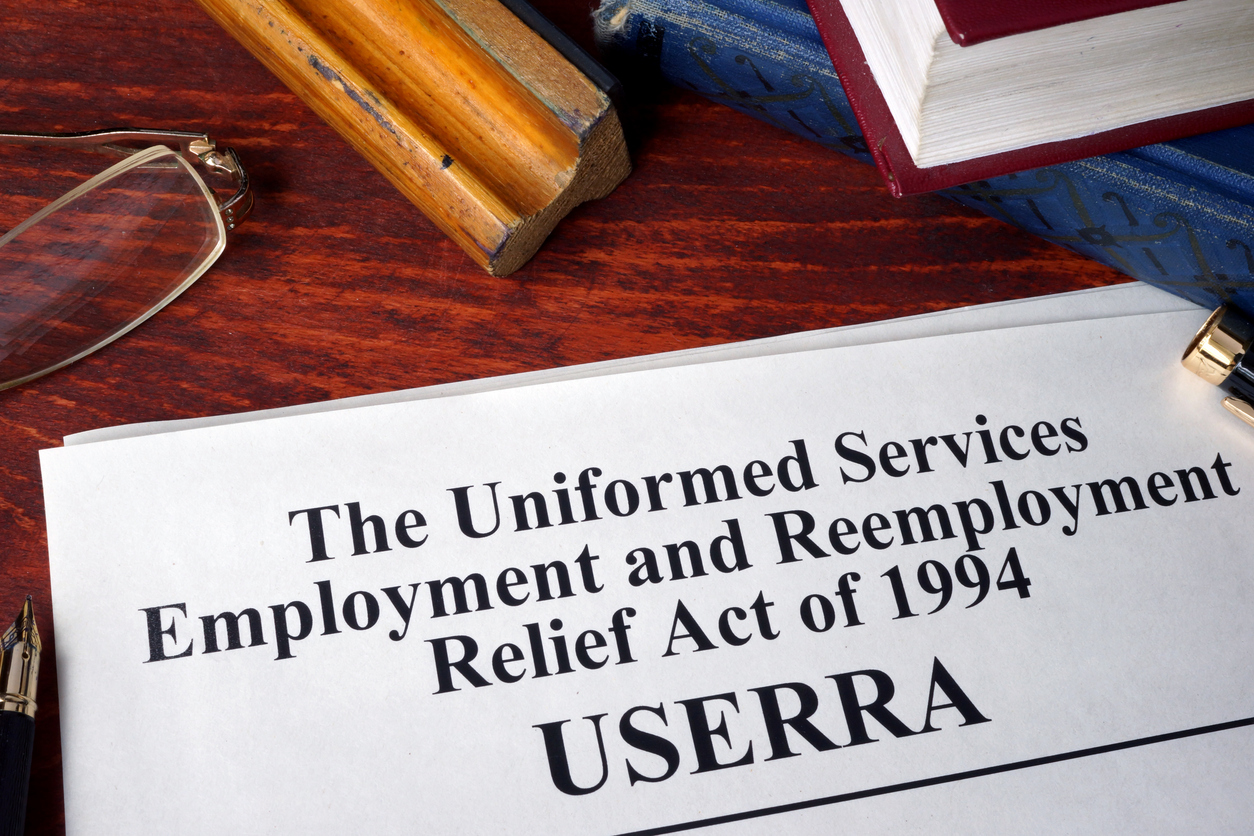Written by
Will Miranne
Will is an aPHR-certified writer on the marketing team at BerniePortal. He writes about healthcare, human resources, and benefits.
HR Employee Record Retention Guidelines in 2023

**For an updated resource, check out HR Employee Record Retention Guidelines in 2024.
Employers are required to keep employee records and documentation for a certain amount of time. How long they must be kept is dependent on the specific documentation. Here, we have formulated a comprehensive guide that will explain which documentation needs to be maintained and for how long. Understanding this crucial information will help your organization remain fully compliant.
How Long Should HR Keep Form I-9 and Employment Records?
Form I-9 confirms that an employee can legally work in the United States. Employers are federally required to keep Form I-9 on file for every employee and retain the form for three years following the employee's hire date or one year following termination—whichever date is later.
According to the Equal Employment Opportunity Commission (EEOC), employers must keep all personnel and employment records—including job applications, requests for reasonable accommodations, alongside additional recordkeeping obligations—for one year from the date of termination.
How Long Should HR Keep Payroll, Tax, and Benefits Records?
According to the Department of Labor, under the Fair Labor and Standards Act, employers must keep all payroll records, and sales and purchase records, for at least three years.
The DOL also requires employers to keep wage records such as time cards, wage rate tables, job evaluations, collective bargaining agreements, work schedules, and records of wage changes for two years.
In addition, employers need to maintain employee tax records for four years following the 4th quarter for that filing year. According to the IRS, the tax records should include:
-
Your employer identification number
-
Amounts and dates of all wage, annuity, and pension payments
-
Amounts of tips reported
-
The fair market value of in-kind wages paid
-
Names, addresses, social security numbers, and occupations of employees and recipients
-
Any employee copies of Form W-2 that returned to you as undeliverable
-
Dates of employment
-
Periods for which employees and recipients were paid while absent due to sickness or injury and the amount and weekly rate of payments you or third-party payers made to them
-
Copies of employees' and recipients' income tax withholding certificates (Forms W-4, W-4P, W-4S, and W-4V)
-
Dates and amounts of tax deposits you made
-
Copies of returns filed
-
Records of allocated tips
-
Records of fringe benefits provided, including substantiation
How Should Employers Retain Benefits Information?
Employers should maintain benefits records such as plan documents, form 5500, financial statements, election forms, plan termination records, trust reports, 401(k) forms, COBRA documentation, and other benefits documentation for six years following employee separation from the organization.
How Should Employers Manage Records?
Organizations should always conduct HR audits to determine the strengths and weaknesses of the current recordkeeping system. Audits will help you keep track of all necessary documentation, ensure appropriate filing systems are in place, and help you to maintain compliance.
While employers are permitted to file records either in paper form or electronically, most industry leaders would agree that investing in a secure HRIS system is the safest and most effective means of managing employee documentation. Organizations should directly integrate their HRIS system into their compliance and recordkeeping policies. If utilized appropriately, an HRIS can help employers streamline the recordkeeping process, significantly increasing their levels of compliance.
HR teams are typically responsible for distributing an array of notices, which often require employee acknowledgment. These notices may often require a signature from employees as well. A fully integrated HRIS system should manage records requiring employee engagement by offering employees access to the documents electronically. There should also include a feature that allows administrators to export all signed notices and documentation. These procedures will help you remain compliant when it is time for an audit.
Additional Resources
You can also stay informed, educated, and up-to-date with record retention requirements and other important topics by using BerniePortal’s comprehensive resources:
- BerniePortal Blog—a one-stop-shop for HR industry news
- HR Glossary—featuring the most common HR terms, acronyms, and compliance
- HR Guides—essential pillars, covering an extensive list of comprehensive HR topics
- BernieU—free online HR courses, approved for SHRM and HRCI recertification credit
- HR Party of One—our popular YouTube series and podcast, covering emerging HR trends and enduring HR topics
Written by
Will Miranne
Will is an aPHR-certified writer on the marketing team at BerniePortal. He writes about healthcare, human resources, and benefits.
Related Posts
In 2023, iTutorGroup, an online learning platform based out of China, used an Artificial...
On April 15, 2024, the U.S. Equal Employment Opportunity Commission (EEOC) issued a final...
In 2023, LeRoy Torres, an army reservist and Texas state trooper, was awarded $2.49...
The Office of Federal Contract Compliance Programs (OFCCP) defines Affirmative Action as...









Submit a Comment